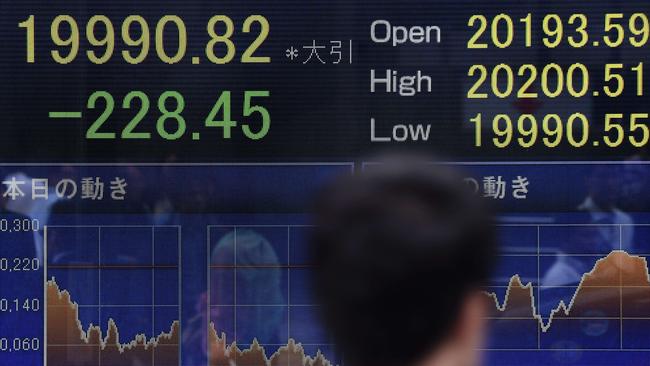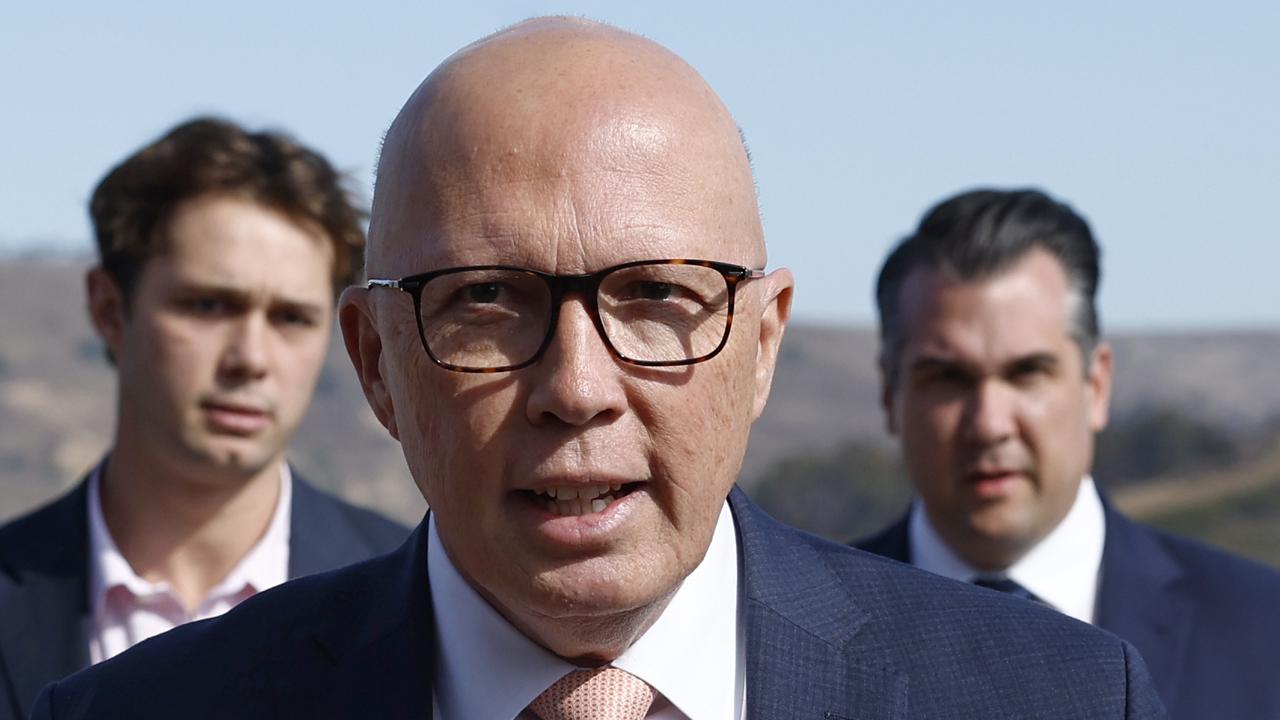Near-zero rates may become 'chronic'
NEAR-ZERO interest rates could become chronic in the world's major economies unless "a firm hand" is used, warns a new report.

NEAR-ZERO interest rates could become chronic in the world's major economies unless "a firm hand" is used.
That's the message in an annual report issued on Sunday from the Bank for International Settlements based in Basel, Switzerland.
The BIS, which acts as a forum for global central banks, argues low rates aimed at stimulating growth in the short term may actually do the opposite over longer periods.
It said cheap money encourages more debt and creates financial booms and busts that leave lasting scars on the economy — with the result that central banks apply more cheap money to try to lift the economy.
"Rather than just reflecting the current weakness, low rates may in part have contributed to it by fuelling costly financial booms and busts," the BIS report said.
"The result is too much debt, too little growth and excessively low interest rates. In short, low rates beget lower rates."
Major central banks have kept low benchmark rates in place to stimulate the economy after the shock delivered by the global financial crisis of 2007-2009. The idea is that low rates make it easier for people to borrow, spend and invest.
The Fed's benchmark rate is a range between 0 and 0.25 per cent; the ECB's 0.05 per cent; the Bank of England's 0.50 per cent, and the Bank of Japan's 0.10 per cent.
Low rates have driven down mortgage rates, enabling homeowners to refinance, and they have helped boost stocks. But they have wiped out years of income for savers — and put pressure on insurance companies and pension funds.
The Fed is looking at whether to finally raise rates but has held off because inflation remains low and growth in the United States still uncertain.
Many economists think an initial hike may come in September. The Fed cautions that it will only raise rates slowly.



